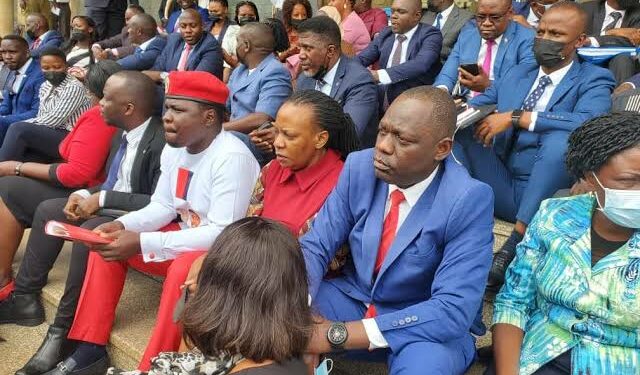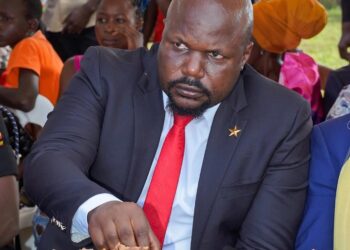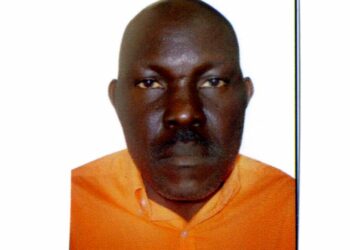As we near the new electoral cycle, there are more heated talks and debates about the new elections, and this time it is the Protest Vote 2026.
Recently, the new talk in the political world is the opposition “Protest Vote,” with different analysts dissecting the topic, but even the laymen in the streets have taken an interest altogether.
The protest vote has different meanings, among which are: It is a vote where people vote for the most unlike candidates as a means to show their dissatisfaction with the election system or different issues.
In other words, it is a nonviolent way of showing those in power that we are fed up, and enough is enough. Here, people may vote for a less popular candidate right on the ballot papers or intentionally nullify the ballot papers.
But in Uganda, the definition changes a bit; instead, this is where people are rallied to vote against the ruling party and government as a way of showing displeasure with poor service delivery, high levels of corruption, injustice, and bad governance.
For example, in the most recent general election in 2021, the masses were motivated to only vote for “The Umbrella,” a symbol for the National Unity platform. By the end of the elections, most political seats were won by the opposition in Busoga and Buganda, and so you can say that the protest vote worked there successfully.
To its advantage, the National Resistance Movement (NRM) is also adapting to the protest vote. Much as it is the ruling party, the outcomes from the previous general election have awakened them and are turning the opposition campaign to their advantage.
In their quest, they launched the “Buganda for Museveni” campaign, hoping to regain their lost territories. This was witnessed in the Kawempe North by-election, where even though all the stakes were on the opposition’s side, they still managed to front a candidate who came out second with about 8000 votes compared to the winner, who had 17000.
The NRM celebrated this as an achievement because over time, their numbers in such opposition stronghold areas keep increasing, and if they continue that way, those are the same disciples who will collectively combine to support their presidential candidate, H.E. Yoweri Kaguta Museveni.
There are some reasons why Ugandans who sided with the opposition could opt for a protest vote:
Many have lost confidence in the Electoral Commission because they think it only works in favor of its appointing authority, failing to take charge of the election process. Over time, the security forces have been the masters of violence in this free and fair election, as witnessed recently in most of the by-elections, with the most recent one where even journalists were brutalized, leading to hospitalization, vandalizing their equipment, and even forcing them to delete footage of what they had captured.
The poor service delivery and lack of accountability are also expected to contribute to the protest vote. In most urban areas, there is poor drainage, high levels of unemployment, and high income inequality.
Mass violation of human rights during and after the elections. It went down in history that the internet was shut down during the 2021 elections for some good time, thus going against the will of people to communicate freely among themselves.
There was a large number of political prisoners, and some are still incarcerated to date with denied bail applications, as well as some who have never been arraigned before a judge. This can also lead to protest votes.
Recently, a garbage landslide led to the death of nearly 40 people who haven’t been compensated up to now and may not be paid soon because, as of this financial year, no allocations were made in that regard. The points mentioned and many more could stir the population into a protest vote.
The protest vote is not a sure way to change the status quo because the ruling government, even though it has been shaken up, has weathered most of the political waves of a kind.
In conclusion, a protest vote is another way to make noise without abandoning the ballot and in ensuring that the message reaches the intended party. The question of whether it will work this time round or not is in the hands of the major political players, namely the ruling party and opposition.
Do you have a story in your community or an opinion to share with us: Email us at editorial@watchdoguganda.com












